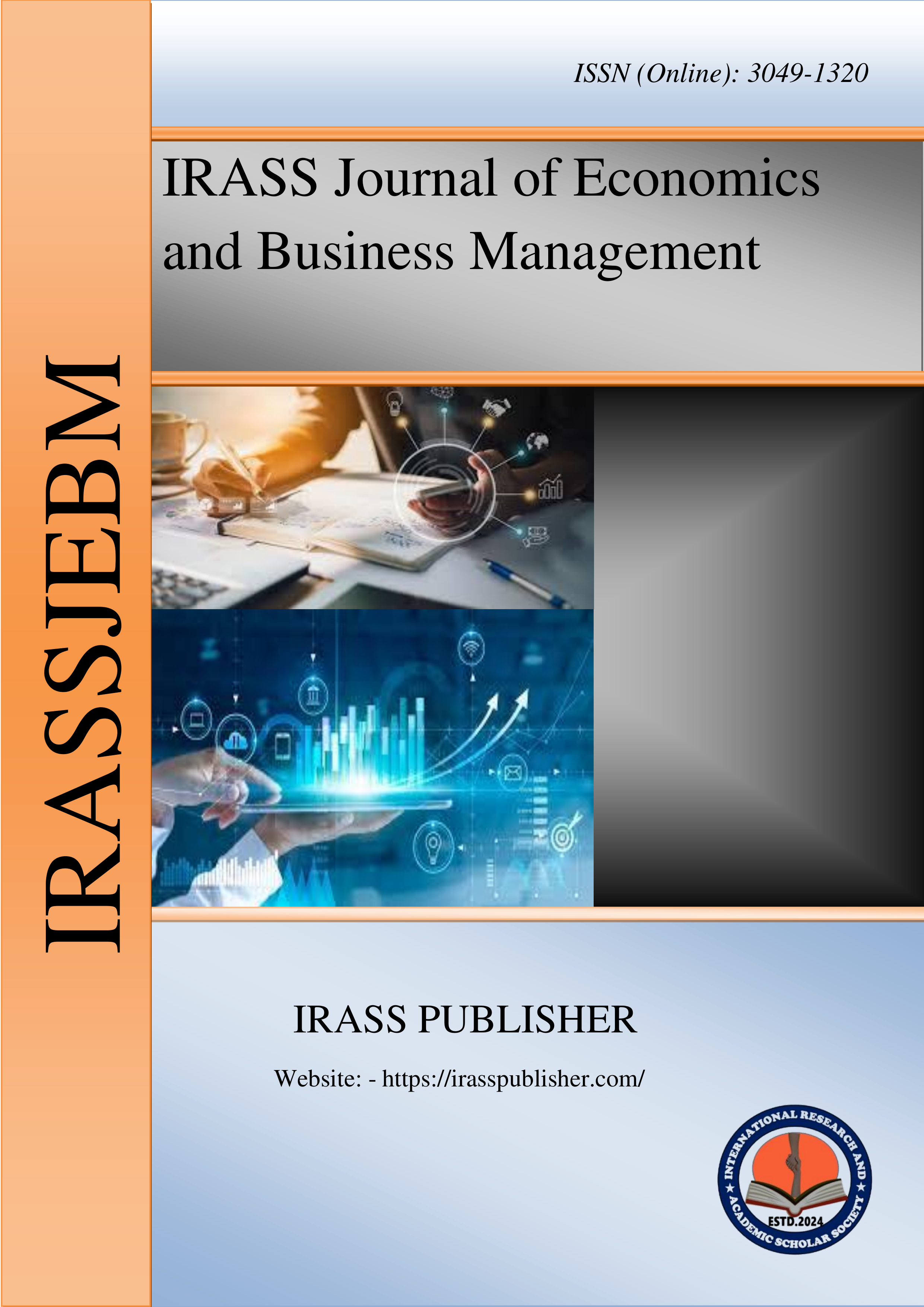Determinants of Debt Sustainability in Nigeria: The Consequence of Crude Oil Price Fluctuation, Fiscal and Institutional Indicators
Sr No:
Page No:
1-9
Language:
English
Authors:
Emmanuel Sunday KOLEDOYE, Sabiu Bariki SANI*
Received:
2025-04-14
Accepted:
2025-04-30
Published Date:
2025-05-03
GoogleScholar:
Click here
Abstract:
Fiscal and debt sustainability have become significant challenges for developing
countries, including Nigeria, since the country has experienced rising debt and expanding fiscal
deficits in recent decades, threatening its fiscal policies and long-term economic stability. Using
data from 2000 to 2023, this study used a Vector Error Correction Model (VECM) to examine
the long-term determinants of debt sustainability. The major variables studied are the
government expenditure-to-GDP ratio, revenue-to-GDP ratio, debt servicing, real GDP, and
institutional quality. The findings showed that, while government spending and debt servicing
have a large impact on the debt-to-GDP ratio, revenue has a less direct effect. Higher
government spending, when distributed correctly, can reduce the debt burden, whereas good
debt servicing leads to debt reduction over time. The findings also revealed that economic
growth and institutional quality have a weaker short-term impact on the debt-to-GDP ratio. The
study emphasizes the gradual nature of debt adjustment, emphasizing the significance of fiscal
consolidation, discipline, and strategic government expenditure. Policy recommendations
include increasing spending efficiency, improving debt management measures, encouraging
economic growth, building institutional frameworks, and increasing financial literacy.
Keywords:
Debt-to-GDP Ratio, Fiscal Policy, Debt Servicing, Institutional Quality JEL classification: H63, E62, H11, O11, 043.
Journal: IRASS Journal of Economics and Business Management
ISSN(Online): 3049-1320
Publisher: IRASS Publisher
Frequency:
Monthly
Language:
English

